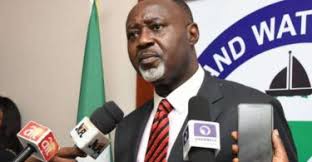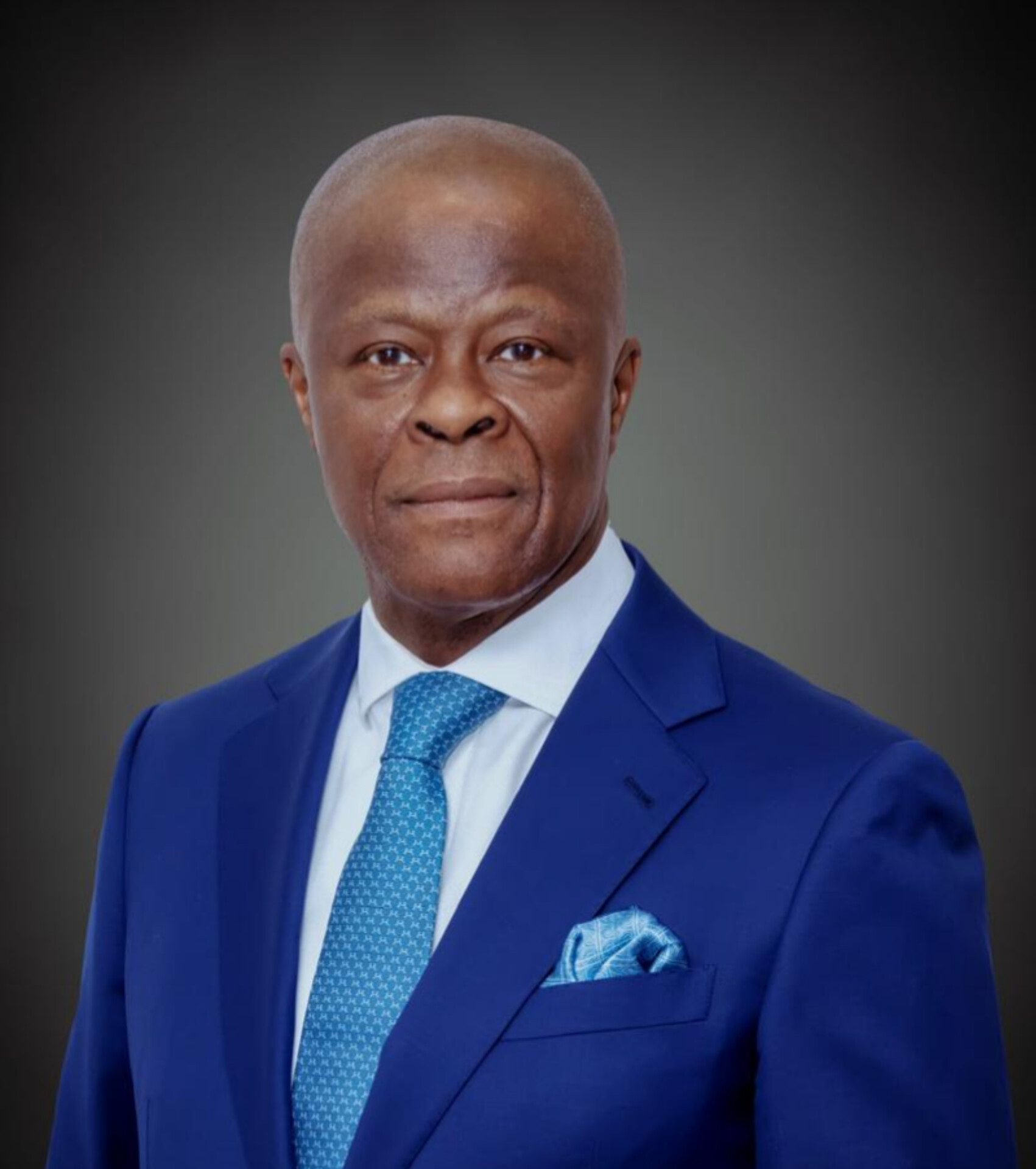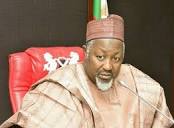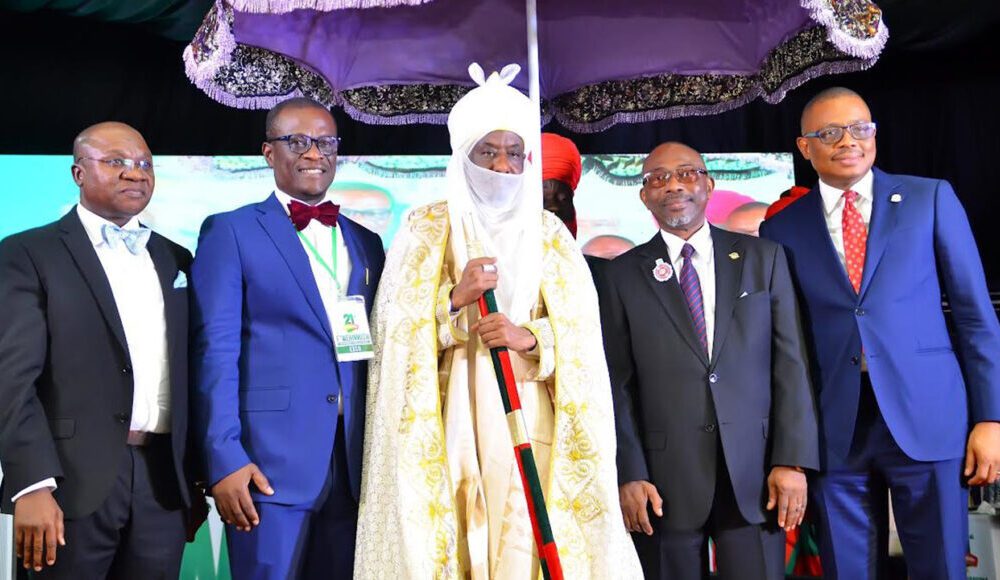By Friday Idachaba
National Inland Waterways Authority (NIWA) has promised to make the nation’s 10,000-kilometer waterways navigable all year round to provide alternative mode of transportation for goods and passengers.
Chairman Board of Directors of the Authority Senator Binta Masi-Garba,
disclosed this at the inaugural meeting of the Board at the NIWA Headquarters on Tuesday in Lokoja.
The Board Chairman regretted that only 3,800 kilometers out of the nation’s over 10,0000 kilometers of waterways was navigated all year round.
She said that Nigeria was richly blessed with abundant water resources that could turn around the fortunes of the country if properly harnessed adding that the Board was committed to the cause.
Masi-Garba said that it was part of the mandate of the board and the authority to make the entire 10,000km waterways navigable all year round with a view to creating alternative transportation for the evacuation of goods and passengers.
Describing the task as onerous, she urged all hands to be on deck to attain the goal of ensuring that the entire waterways are made navigable to boost the economy, create cheaper, safer and better transportation mode.
She described the board as a neutral platform for dialogue and collaboration as well as an avenue to openly share ideas, experiences and for discussing solutions.
“We will from time to time bring together stakeholders, operators and multilateral agencies and academics to discuss solutions.
“I will be fully committed and willing to deploy time and resources towards the attainment of the authority’s vision to establish and sustain a first class organisation managed professionally and responsibly.”
The board chairman said what she expected to see was a NIWA that would be flexible and adaptable to the needs of Nigerians, recognised and respected locally and internationally.
Chief George Moghalu, Managing Director of NIWA, in his welcome address expressed his gratitude to President Mohammad Buhari that the Authority at last, is now having a board in place to help tackle it’s challenges.
He said that the board was being faced with a lot of challenges ranging from insufficient funding to lack of infrastructure adding, “We want to tell you that we are very happy to have you on board to help solve our problems.
“The management is willing to tap into your wisdom, knowledge and understanding. As we get along, please advise us on what to do and how best to overcome our challenges and equally meet our mandate as an authority”, he said.
Moghalu said the authority is making efforts to improve its Internally Generated Revenue (IGR) to help address some challenges, especially infrastructures such as vessels, boats and jetties.
“If we really want to overcome the challenges of waterways, we have to get more of these vessels and boats locally made here in Nigeria”, he advised.





